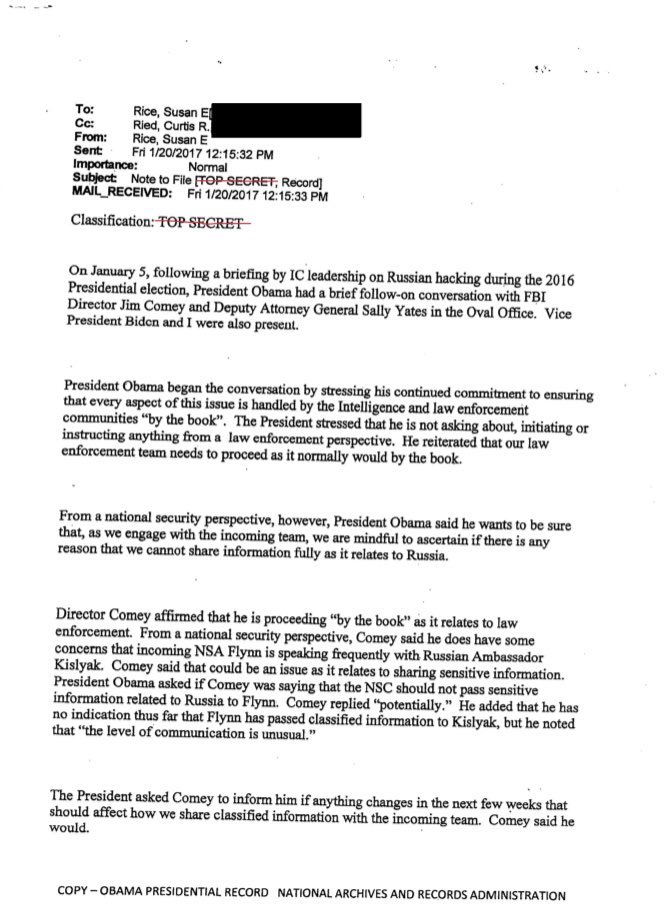
Yates told the committee she has a "vague memory" of FBI Director Comey mentioning the Logan Act at the Jan. This was undercutting sanctions," Yates said. "You can certainly talk to foreign leaders about a change in policy, but this was not policy. that an incoming administration cannot talk to foreign leaders about change in policy?" Judiciary Committee Chairman Lindsey Graham asked Yates, "Is it longstanding policy of the U.S. "The President was focused entirely on the national security implications of sharing sensitive intelligence information with General Flynn during the transition, a process that was already under way at the White House." "Something like that would have set off alarms for me, and it would have stuck out both at the time and in my memory.
:max_bytes(150000):strip_icc():saturation(0.2):brightness(10):contrast(5)/currentfederalbudget-69f8c6b6a933487789833e7d44b4b2b6.jpg)

During the meeting, the President Vice President and the National Security Advisor did not in any way attempt to direct - or influence any kind of investigation. 5 meeting "was for the president to find out whether, based on the calls between Ambassador Kislyak and General Flynn, the transition team needed to be careful about what it was sharing with General Flynn. Yates told the committee the purpose of the Jan. In another call two days later, Kislyak told Flynn that Russia would hold off on retaliation: "Your proposal that we need to act with cold heads, uh, is exactly what is, uh, invested in the decision," Kislyak said. You follow me, Ambassador?" Flynn urged "cool heads" to prevail. Because I don’t want us to get into something that has to escalate, on a, you know, on a tit for tat. He tried to persuade the Russians not to escalate the situation so they could reset the relationship."Īccording to transcripts of their phone conversations, Flynn urged Ambassador Kislyak, "Don’t go any further than you have to. Far from rebuking the Russians for their attack on our country, General Flynn was conciliatory. "Recorded conversations between General Flynn and the ambassador revealed that General Flynn had essentially neutered the U.S. And the FBI discovered the answer," she said. Yates said the Obama administration "was understandably perplexed by this abrupt change, and President Obama asked the intel community to try to figure out what had happened. Russia at first said it would retaliate, but then backed off its threat.

One of Flynn's calls to Kislyak took place in late December, on the day after Obama sanctioned Russia. government's message of deterrence," thus "undercutting the Obama administration," which had just sanctioned Russia for election interference. She said it was about incoming National Security Advisor Michael Flynn having conversations with Russian Ambassador Sergey Kislyak, which "essentially neutered the U.S. () - Both in her opening statement and in several hours of testimony before the Senate Judiciary Committee on Wednesday, former Deputy Attorney General Sally Yates insisted that the JanuWhite House meeting involving President Obama, Vice President Joe Biden, FBI Director James Comey, National Security Adviser Susan Rice and Yates herself was not about investigating the Trump campaign. Former Deputy Attorney General Sally Yates testifies remotely before the Senate Judiciary Committee on August.


 0 kommentar(er)
0 kommentar(er)
